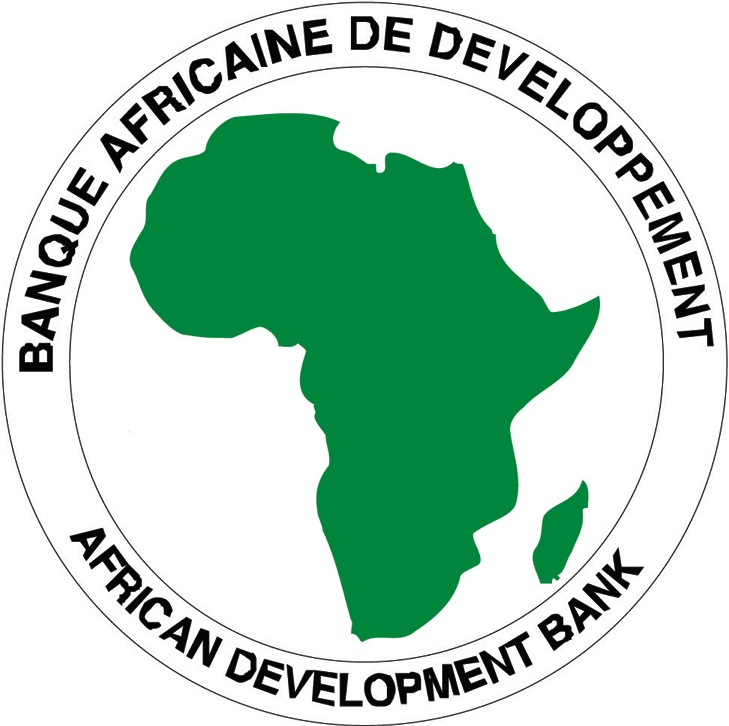Community / Land projects / Mauritania - Economic Governance and Investment Management Support Project (PA2GI)
Mauritania - Economic Governance and Investment Management Support Project (PA2GI)

€2501055
06/21 - 12/24
Completed
This project is part of
Implementing Organisations
Donors
Data Providers
General
The proposed operation is a grant of three million units of account (UA 3 million) from the resources of the African Development Fund (ADF) to the Islamic Republic of Mauritania to finance the Economic Governance and Investment Management Support Project (PA2GI). PA2GI is an institutional support project intended to assist Mauritania in its efforts to ensure robust, sustainable and job-creating economic growth. More specifically, it involves striving to ensure public investment optimisation, private investment promotion and the strengthening of tax and land governance, in support of the national policy objectives of the National Accelerated Growth and Shared Prosperity Strategy (SCAPP) and the Presidential Priority Project (ProPEP). PA2GI comprises three components, namely: (i) strengthening the public investment process and private investment promotion; (ii) improving tax and land governance; and (iii) project management. Project activities will be implemented over a period of 36 months, from the entry into force of the ADF grant, scheduled for June 2021.
Objectives
The overall objective of the project is to lay the foundation for efficient economic and financial governance. The specific objectives are to improve public and private investment management and promotion and enhance tax and land governance.
Target Groups
The main direct project beneficiaries are the State structures that will benefit from institutional capacity-building, in particular: (i) the General Directorates of Ministry of Economic Affairs and Promotion of Productive Sectors (DGFCE); (ii) investment promotion structures (CCIAM, APIM and CIMAM); (iii) the General Directorates of the MF (DGTCP, DGI and DGPDE); (iv) the Public Procurement Regulatory Authority (ARMP); and (v) the Court of Auditors. The indirect beneficiaries are investors, who will benefit from CCIAM training, arbitration by CIMAM arbitrators, better performance of the DGI and greater land tenure security, as well as the Mauritanian population, especially young people and women, which will benefit from the jobs created by new investments and greater land tenure security.



